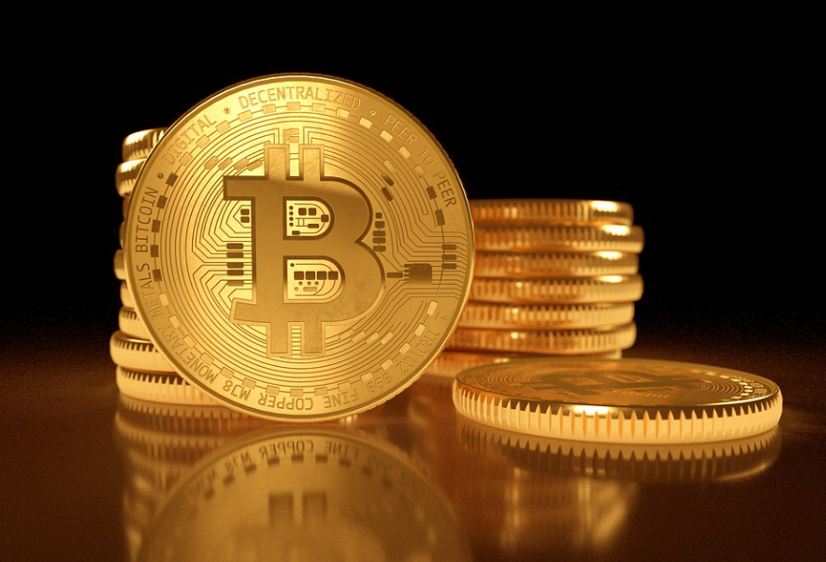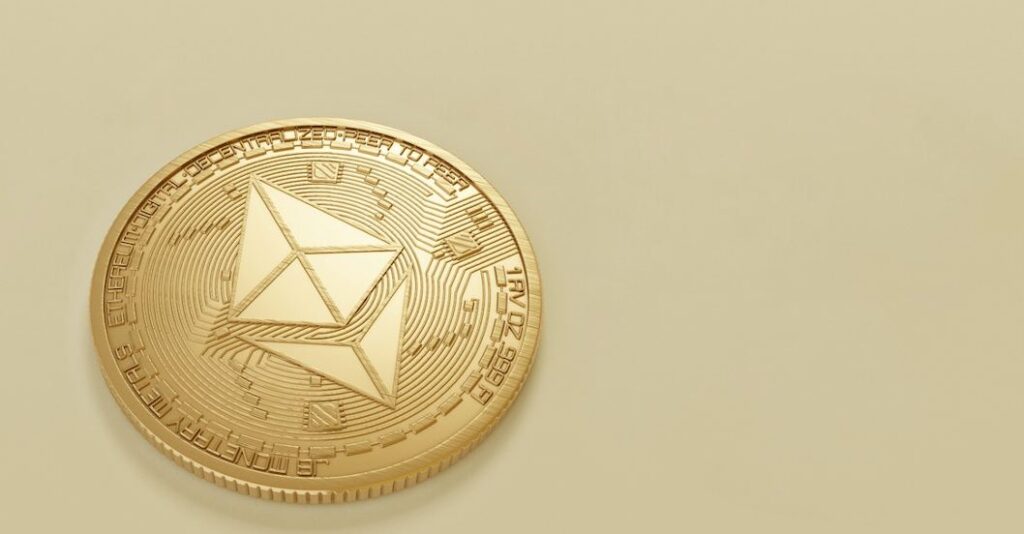Many cryptocurrency advocates will argue that DeFi is the revolutionary financial system of the future. A community-driven network such as this might provide its consumers a chance to earn money while doing good.
Yet, there are drawbacks to the advancements that DeFi has made. Scams, fraud, and other threats to people’s finances in the form of cryptocurrencies and blockchain technology abound in the business.
Though it may be impossible to eradicate all instances of cryptocurrency fraud and theft from the market, every DeFi trader should be aware of the following common scams.
Spot The Scams And Avoid It
Although it is hard to completely eliminate crypto fraud and theft, the following are some of the most typical scams that every DeFi trader should be aware of.
An Attempt At A Rug Pull
Several crypto scams throughout the DeFi community are rug pulls, although they can often be readily identified by individuals who understand what to seek.
A “rug pull” is a marketing strategy used to promote a business that seems to be innovative and novel. Usually, these are the scams that receive huge credibility and resources in massive amounts. Working with projects that have clearly defined token lock-up periods may help ensure that your investment is secure and won’t be stolen by the project’s creators.
Online Cons Often Occur On Social Media.
Twitter is infested with fake accounts pretending to be popular people, some of whom work in the cryptocurrency industry. These swindlers may contact crypto enthusiasts about a fake new venture, and they may even act as though they are doing contests or giveaways that need participants to contribute money to an alleged prize pool. But nevertheless, you should never interact with a social media account or give money to it.
Con Artists That Use Phishing To Get Your Personal Information
Scammers have been using phishing to steal personal information from unsuspecting internet users since the early days of the technology. DeFi phishing often takes the form of an email message, with the scammer purporting to be a trusted contact from a trading platform or protocol.
Links in phishing emails may take recipients to malicious websites designed to seem like legitimate services in order to trick them into giving over sensitive information. Those who want to avoid falling for phishing blockchain scams should constantly double-check the email address of a contact.
The Next General Safety Precautions
Watching out for the aforementioned frauds and scams in DeFi is essential, but there are also some more broad approaches that may assist you to avoid being included in a list of cryptocurrency scammers.
Two-Factor Authentication (2FA)
Two-factor authentication is a must-have for every DeFi platform, regardless of the sector the investor plans to enter.
Get A Physical Wallet.
Individuals are able to keep their encryption information secure by storing them in hardware wallets, which are physical devices.
Look Into A Community
The best DeFi initiatives foster a thriving community where users and developers are constantly exchanging feedback and ideas. Conversations like this are crucial to building a stable platform that users of all ages can enjoy.
In Conclusion
However, developers who aren’t communicating with the public about a project may be plotting a hoax of some kind. Experts in the crypto community will always advise you to research the people working on a project before investing. There is cause for concern when a group doesn’t share its plans with the public or engages in any kind of community outreach. Or simply deal with an exchange that ensures security like Biticodes.
You should only participate in initiatives that have active communities, and even then you should learn more about them before making an opinion. One may also keep an eye on listing platforms and the factors that could influence their decision to add or exclude a coin. If a coin is rejected by a listing platform, it’s probably not worth putting money into.


